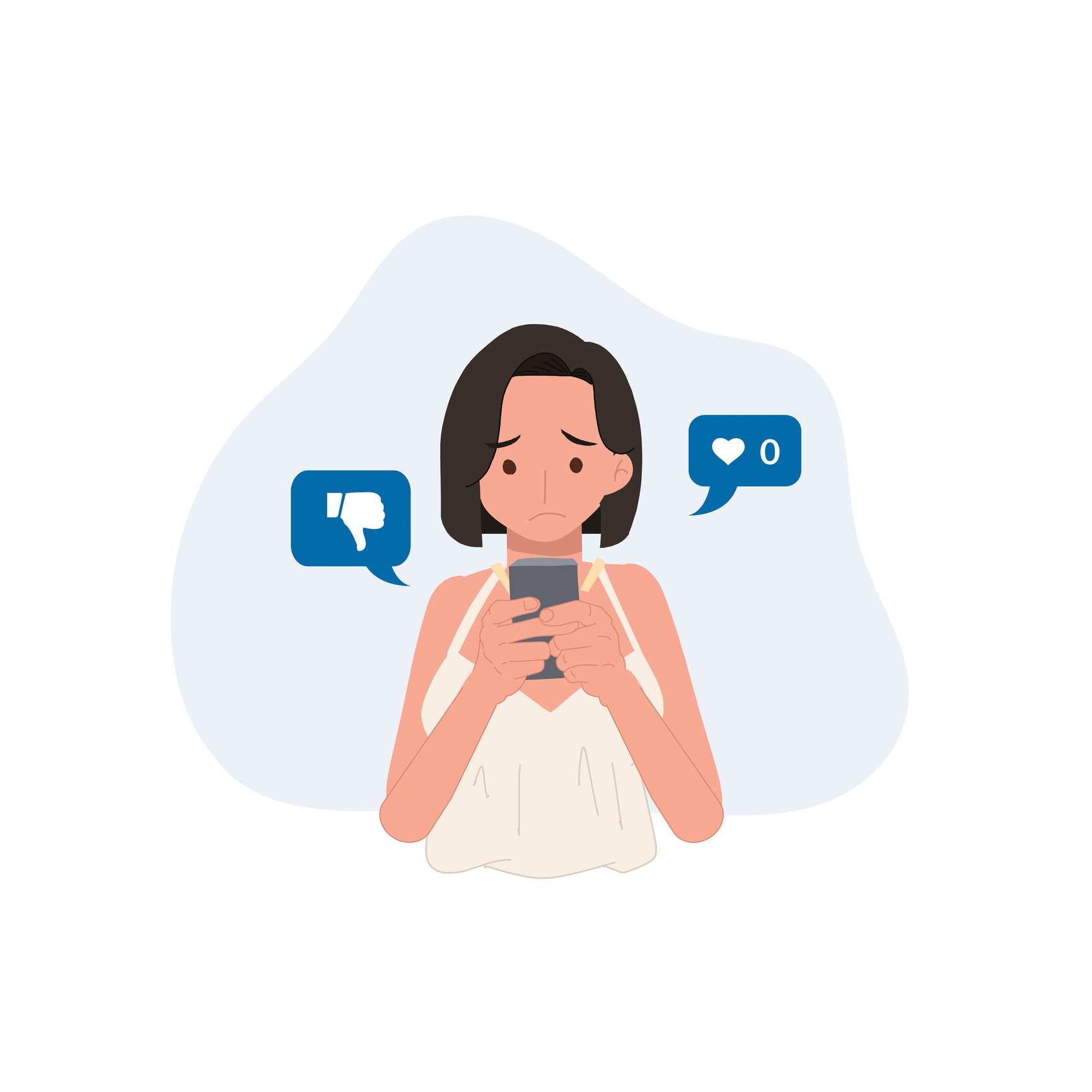The pitfalls of social media
Social media is playing an increasingly larger and important role in our lives, both personal and professional. This article itself will be shared and read on various social platforms to maximise the reach to people who might not otherwise read it, making it a very powerful tool. But we need to be mindful of some of the downsides associated with social media too, because research shows that spending too much time on social media is associated with higher levels of anxiety, depression, and psychological distress.
Humans are social beings by nature, and social connections and strong relationships are important to our wellbeing and to ensure we are able to thrive. Social media provides an opportunity to connect with others in ways that were not previously possibly in terms of geography and immediacy, but it doesn’t replace the real world in-person contact that is still so important. Indeed, for many people social media may actually increase feelings of loneliness and isolation.
There is clearly an important role for social media in the dental profession. It provides an amazing opportunity to expand professional networks, connecting with a global community of clinicians. Sharing cases of high-quality treatment outcomes can be a source of inspiration for other clinicians, helping them to learn and improve. This is particularly so with the use of images and videos to share tips and techniques that guide learning. Peer review and peer learning are also important for professional growth.
There are however some risks that we must be aware of. Promotion of poor-quality evidence to guide practice can be a problem, with anecdote raised to a higher level of evidence, and self-proclaimed experts seeking and gaining undue influence. It is important to apply the same critical thinking to evaluating evidence and advice on social media that we would apply to any form of continuing professional education activity.
One aspect of social media that is of concern in the dental profession is the unrealistic expectations that are created, particularly for younger dentists. We know more broadly that social media can contribute to feelings of inadequacy when comparing to carefully curated and often manipulated personal stories and images. This can also happen in the clinical space too – a virtual gallery of high-quality dental treatment that raises the bar about what good or acceptable clinical outcomes look like.
What is often forgotten is that some practitioners may only share their successful cases and never post their failures, or the less than perfect cases. It isn’t a representation of what ‘everyday’ dentistry really looks like, and it creates the impression that every case has that outcome. For many, this feeds into their perfectionist tendencies one the one hand, pushing people to attain perfection, and lead to feelings of inadequacy on the other hand when those lofty goals can’t be achieved, which can be problematic. It also fails to recognise that it takes time for clinicians to develop their clinical skills to the level that is often reflected in social media, putting further pressure on younger practitioners who are still developing their clinical skills.
Another problem that is apparent is one that exists across the spectrum of social media and has a significant impact on mental health – bullying. Professionalism, compassion, ethics, empathy and kindness are all essential attributes for health professionals, and this should be as true in our use of social media as it is in our in-person interactions. Sadly, that is not always the case, and that creates a barrier for many people wanting to access the benefits of peer-to peer learning and education that social media can offer. Online discussions can sometimes lack the respect, civility and kindness that are important for effective communication. Sometimes this is because we don’t really ‘know’ the person on the other end of the virtual conversation in the way that we do with real in-person interactions, with a tendency to type things that we would likely not say to someone face- to-face. And sometimes it just comes down to ego.
Sadly, for some people, social media can be a toxic environment that is more detrimental than beneficial. So whilst it can be a valuable tool for dental professionals, it is important to be mindful of some of the pitfalls, particularly in the way that it can impact on our mental health.

